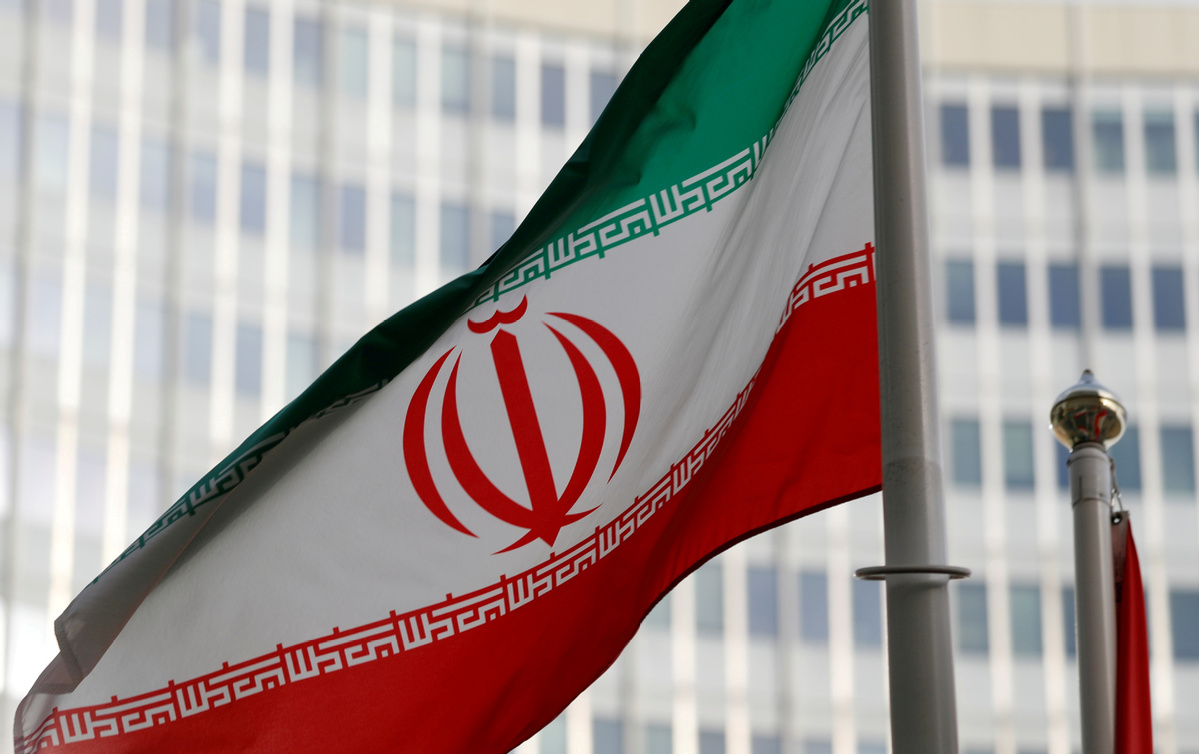
[Photo/Agencies]
Iran's president said on Sunday the door to indirect talks with the United States stays open — which an expert said offers a ray of light in the estranged and tense relations between the two sides.
President Masoud Pezeshkian said the US' behavior would determine whether or not indirect negotiations could progress, while noting that the US' history of violating commitments had eroded trust between the two countries.
In a letter to Iran via an emissary from the United Arab Emirates on March 12, US President Donald Trump urged Teheran to open negotiations for a "new deal" on its nuclear program.
Pezeshkian said Teheran's response was delivered to the US side through Oman.
While Iran has explicitly rejected the possibility of direct negotiations with the US, the option of indirect talks remains on the table, he said.
"In its response, Iran reaffirmed that it does not avoid negotiations, but rather it has just been the US' repeated violations of agreements and commitments that have created obstacles in this path."
Prior to Pezeshkian's comments, Trump said he was considering military action and secondary tariffs, if Iran does not agree to a nuclear deal.
Iran's Supreme Leader Ayatollah Ali Khamenei said on Monday that the US would receive a strong blow if it acts on Trump's threat to bomb.
Subtle shift
Abdolreza Alami, a senior lecturer at Universiti Teknologi MARA in Malaysia, told China Daily that Pezeshkian's remarks to keep open indirect doors signal a subtle shift in Iran's foreign policy.
Iran's strategic response, in terms of strategic management, demonstrates that it is far from being passive, he said. By choosing Oman as a mediator instead of the UAE and by insisting on indirect rather than direct talks, Iran is attempting to shape the playing field to its advantage.
"However, the current situation resembles a psychological war aimed at securing greater leverage in potential talks rather than an unequivocal readiness to resolve disputes."
Both governments appear fundamentally open to negotiations to secure mutual interests, yet they are engaged in a strategic game aimed at influencing the other side and gaining the upper hand in future talks, Alami said.
"Iran's approach indicates that if the US demonstrates good faith and honors its commitments, the door to dialogue remains open, but only on terms of respect and equality, not unilateral imposition."
Agencies contributed to this story.